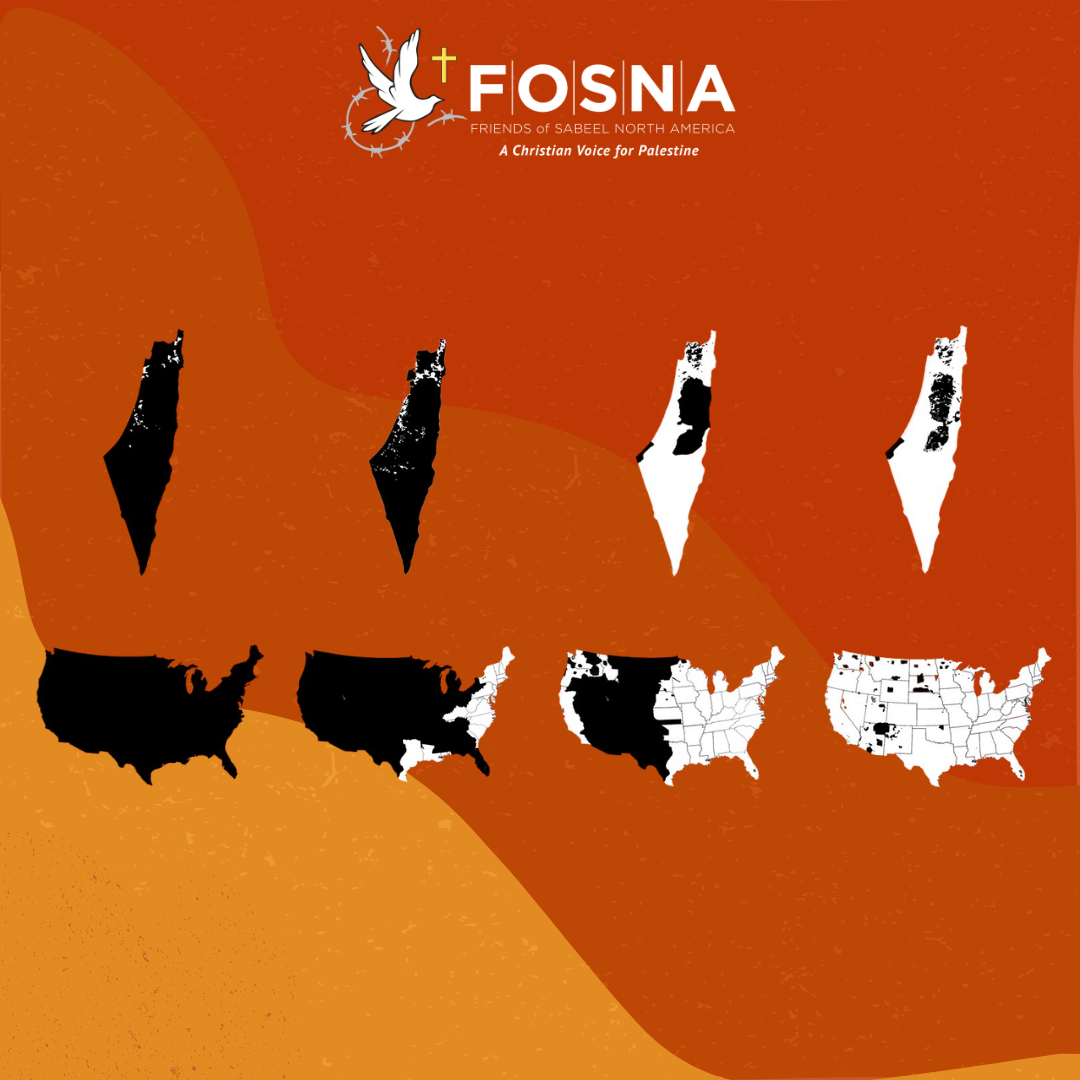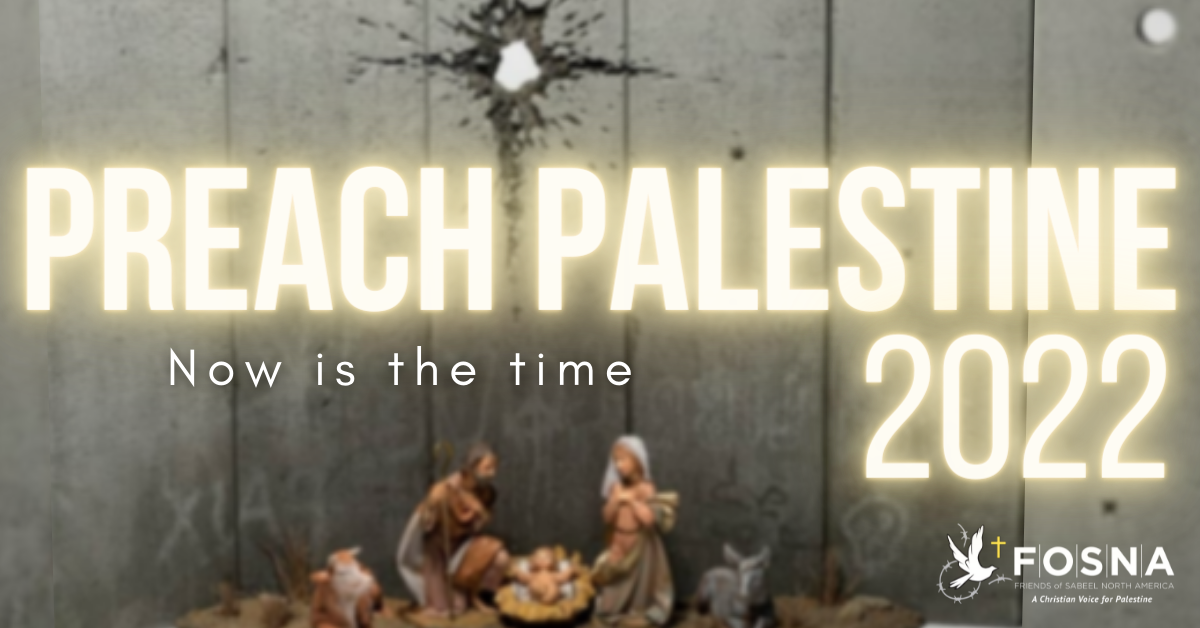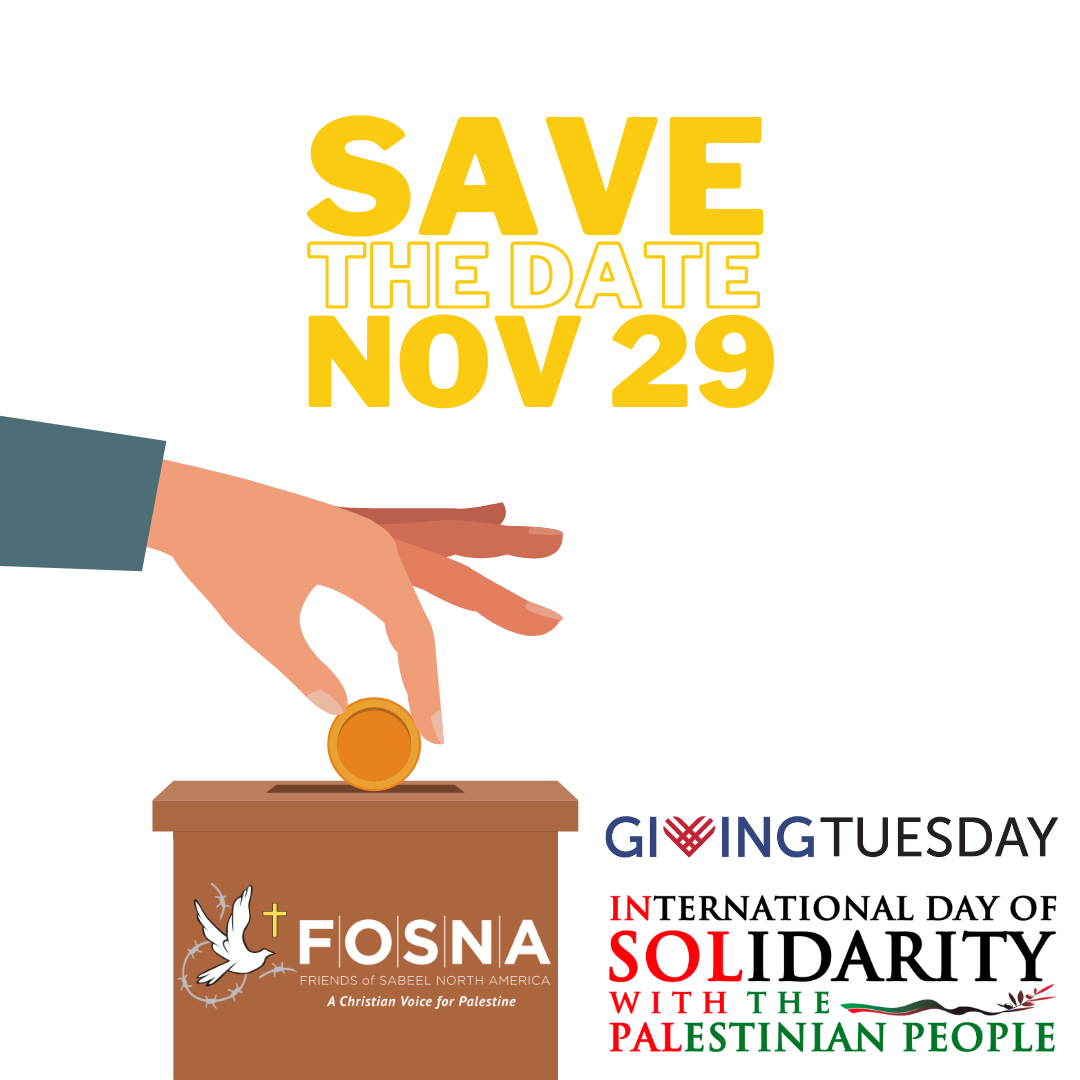Thanksgiving Ambivalence
by Jesse Steven Wheeler
“Do not judge others, and you will not be judged. For you will be treated as you treat others. The standard you use in judging is the standard by which you will be judged. And why worry about a speck in your friend’s eye when you have a log in your own? How can you think of saying to your friend, ‘Let me help you get rid of that speck in your eye,’ when you can’t see past the log in your own eye? Hypocrite! First get rid of the log in your own eye; then you will see well enough to deal with the speck in your friend’s eye.
—Matthew 7:1-5
Thanksgiving, as a holiday, inspires feelings of ambivalence.
On the one hand, such holidays are deeply appreciated. Intentional time to gather together and celebrate with family and friends—against the daily grind of life as uprooted and atomized individuals always pulled on by the centrifugal forces of our “late-capitalist” society—is essential. And, even if political tensions within families are at an all time high (and we mustn't diminish the ethical, real-world consequences of our often contradictory positions), it is important to move beyond hashtags and experience one another as whole, substantive persons rather than political opponents. Finally, a posture of thanksgiving and gratitude for all of the good in our lives is indispensable if we are to live authentically as persons committed to radical generosity and restorative justice.
On that note, I am incredibly grateful for you and the many friends of Sabeel within North America and around the world, our dear friends and partners in the struggle to liberate religion from those who misuse it to justify oppression and dispossession. This coming Tuesday is Giving Tuesday, a day rooted in radical generosity, as well as the International Day of Solidarity with the Palestinian People. I encourage you to give joyously of your time, talent, and treasure to the cause of justice.
On the other hand, as a holiday, Thanksgiving is deeply problematic. Even as many recognize the mythological nature of the traditional Thanksgiving story, not everyone recognizes the ongoing impact such destructive narratives continue to have. Constructing our “primordial myths,” and therefore national identity, on the basis of such contrived stories of goodwill, between native and needy settler, works to dismiss and justify the settler-colonial violence upon which our nation was built and by which it has been sustained to the present day. A persecuted minority of religious pilgrims finding freedom and opportunity in the “new world” is a lovely American dream. But, it must not be used to conceal or excuse the ethnic cleansing, genocide, and racial apartheid so central to the true history of our nation from its inception. Rather, these national mythologies try to convince us that colonial violence was never inherent to our national existence, but merely a temporary aberration, and that today the situation has been pretty much resolved. As such, to perpetuate such narratives uncritically is to diminish, sideline, and silence the voices of our indigenous and dispossessed neighbors with whom we live side by side.
For those of us familiar with the struggle indigenous Palestinians have endured in the face of settler-colonial violence for the past 140 years, we know how infuriating and heartbreaking it is to hear time and again the self-serving and self-justifying mythologies surrounding the state of Israel, its origins and its contemporary conduct. This is particularly true with regard to the denial of and/or justifications for the Nakba, military occupation, settlement expansion, and even the very identity of native Palestinians. Jews are very real victims of horrific European bigotry and white Christian supremacy. Nevertheless, none of this can be used as an excuse for the open bigotry, settler colonial conquest, apartheid, and ethnic cleansing that has continued apace in the Holy Land.
So, what does it mean for me, the child of European settlers, to stand in solidarity with the people of Palestine? In truth, it could mean a lot of things. But first, it is for me to examine my own national, familial, and personal narratives and self-justifying mythologies and to acknowledge my own complicity in the dispossession of indigenous Americans. This isn’t merely an abstract acknowledgement, however, for my own family history is entwined with one “celebrated trapper” responsible for carrying out pogroms of expulsion against the Mescalero Apache and Navajo peoples of the American southwest, as well as numerous campaigns in California. At one time, his military orders were as direct as:
All Indian men of that tribe [Mescalero Apache] are to be killed whenever and wherever you find them: the women and children will not be harmed, but you will take them prisoners and feed them at Fort Stanton...
This is not a history I can afford to ignore.
Second, it is for me to commit to hearing the stories and narratives of the dispossessed, in their own words and on their own terms, while allowing these stories to challenge my own received mythos. As emotionally challenging and psychologically destabilizing as such a process can be (and has been) with regard to my own identity, it is necessary and ultimately results in a more rich and authentically human experience. And, it is a never-ending process of growth. It means:
Centering indigenous and other marginalized voices, be they Palestinian, Native American, black, or any other;
Elevating or amplifying indigenous voices when they are otherwise silenced; and,
“Running defense” when such voices are confronted with retaliatory violence by those who would seek them harm, most especially from those within my own community.
Finally, it is not to infantilize, but to respect the complexity and diversity of voices, opinions, and allegiances that exist within marginalized communities, as much as they do any community.
Sure, from persecution to poverty, some might say there were very valid reasons for Scotch-Irish, Huguenot, and later Italian emigration (looking to my own heritage). But, this certainly doesn’t justify or excuse settler-colonial violence and indigenous genocide. Although understanding multiple narratives is incredibly important, it is also true that not all narratives are created equal. For some have been constructed explicitly to justify injustice and the exploitation of others. We so easily and so often construct self-serving narratives and ideological, even theological, justifications to espouse our own imagined innocence. At the same time, we promote the “fully-justifiable” mistreatment of others, leading to the rationalization of violence in a multitude of contexts. And, as innocuous as the Thanksgiving story might seem on the surface, this is precisely the effect it has had. This also is the effect Zionist mythmaking has had in the silencing and sidelining of indigenous Palestinian voices.
Ultimately, acknowledging one’s victimhood neither justifies nor excuses one’s victimization of another, nor should it blind us to our own complicity in that victimization. Theologically, the Exodus has long proven itself a powerful metaphor for liberation. The genius of Palestinian Liberation Theology, however, is in how it forces us to ask to the critical question: what happens next? What happens after the exodus? After the revolution? How do we reconcile stories of liberation with the lessons of Canaan and of conquest? Is it even possible?
So, we are challenged to remove the logs from our eyes, to critically examine our own self-justifying narratives, to repent, and to reimagine the true meaning of liberation. For my own liberation cannot come at the expense of another’s, as we are inextricably bound one to another. Nor can it be found in the blind acceptance of an unjust status quo. I close, therefore, with a recent paraphrase I read of indigenous activist and academic Nikki Sanches, from her talk Decolonization Is for Everyone: “Whether our ancestors were colonized or colonizers, trauma is in our bloodline and we are in desperate need of freedom and liberation. ‘This history is not your fault,’ she tells us, ‘but it is your responsibility.’”
Happy Thanksgiving from Friends of Sabeel North America.
Take Action!
Preach Palestine 2022
Now Is the Time!
Friends of Sabeel North America is calling on Christian leaders across the U.S. to commit their congregations to Preach Palestine this Advent season.
Be it an entire service or a single prayer, we are asking you to once again Preach Palestine and lift up the Palestinian people such that they would come to experience the joy, justice, and peace of Christ's liberating reign, as a very real light in the present darkness.
Click the link below to learn more and find resources!
FOSNA kicks off it’s annual Christmas Appeal on Giving Tuesday (November 29), a day which corresponds this year with the International Day Solidarity with the Palestinian People. As a friend of Sabeel, we invite you to stand alongside us in solidarity with the people of Palestine as a peer fundraiser. To learn more about how you, as an individual or group, can join together with us in raising support for justice, please click on the link below:
World Cup 2022
#SoccerNotCells
As the FIFA World Cup begins this weekend, we can't help but think of all the Palestinian children imprisoned in Israeli jails who will be missing out on the simple pleasure of watching their favorite sport at home with their families. Instead, kids like 16 year old Shadi Khoury, a team captain and avid soccer fan, are being beaten and imprisoned without charge. From Shadi's grandmother:
"I was hoping Shadi would be with us for the World Cup which starts on the 20th. As a football player (soccer), team captain, and a fan, this was a great event for him which we were planning to watch together. Unfortunately, we heard from the lawyer yesterday that the court session will take place on the 23rd. So please continue to hold him and all the children prisoners in your prayers, especially when you are watching the World Cup."
—Samia Khoury, Shadi's grandmother
We are calling on you to Tweet and post #SoccerNotCells this week and throughout the World Cup in support of every imprisoned Palestinian child.
Use the link below to send out a pre-written tweet. (You must be logged-in first):
Raise the Flag
Palestinian, Arab and international sports fans are taking action to stand for Palestine during the 2022 World Cup. Join in actions to raise the Palestinian flag!
Raise the Palestinian flag in your home, window, stadiums and viewing parties!
Wear a Palestinian flag or kuffiyeh armband at your World Cup events
Share campaigns for justice in Palestine and join the social media storms for #RaiseTheFlag and #RaisePalestineFlag
Get Involved!
We invite you to join us in the following events and activities:
December 11: Online
December Voices From the Holy Land Online Film Salon
We travel, take tours, and make pilgrimages to the Holy Land with a variety of motivations: to see the antiquities that form a basis for Western culture, experience different cultures, and worship sacred sites. We are welcomed and guided by people who live there. What does tourism today mean to them? What are the ethical, political, and personal implications of a journey to a place where holy sites are surrounded by 30-foot-high concrete walls, soldiers with rifles patrol the streets, and residents live under the longest military occupation in modern history? Are there ways to be a traveler and meaningfully engage with all of the lived realities in the Holy Land while also honoring the basic tenets of our faiths? Three recent, short documentaries present a variety of voices, viewpoints, and visions of the Holy Land as offered by people living there today.
Watch the film for free at your convenience | Join the Q&A Discussion
Rifat Kassis: Palestinian Christian author, speaker, and human rights activist.
Sam Bahour: Ramallah-based American businessman and entrepreneur
Mae Elise Cannon: Executive Director, Churches for Middle East Peace
Michael Spath (moderator): Founder & Executive Director of Indiana Center for Middle East Peace
Register here: tinyurl.com/VFHL-December2022
Watch the Trailer: tinyurl.com/VFHLCome-SeeTrailer
This event is Co-Sponsored by: Friends of Sabeel North America, Churches for Middle East Peace, Palestinian Christian Alliance for Peace, Pace e Bene Nonviolence Service, and Indiana Center for Middle East Peace
SUPPORTER Organizations: Israel/Palestine Mission Network of the Presbyterian Church (U.S.A.) ♦ Palestinian Christian Alliance for Peace ♦ Quaker Palestine Israel Network ♦ Unitarian Universalist for Justice in the Middle East ♦ Indiana Center for Middle East Peace ♦ Disciples Palestine-Israel Network ♦ Virginia Coalition for Human Rights ♦ Mennonite Palestine Israel Network ♦ Friends of Sabeel North America ♦ Center for Jewish Nonviolence ♦ Episcopal Peace Fellowship Palestine Israel Network ♦ Israeli Committee Against House Demolitions – USA ♦ Northern New Jersey Jewish Voice for Peace ♦ United Church of Christ – Palestine Israel Network ♦
Sabeel Ecumenical Liberation Theology Center, Jerusalem:
Weekly
Sabeel Prayer Service. Join Sabeel every Thursday (6pm Jerusalem) for online Bible Study, discussion, and prayer. Examine scripture in light of the ongoing realities confronting the Palestinian Church and the pursuit of Palestinian liberation.
Wave of Prayer. Subscribe to receive Sabeel's Wave of Prayer, enabling friends of Sabeel around the world to pray over issues of critical concern to the Holy Land on a weekly basis.
Kumi Now! (Week 47) Gender-Based Violence. Women in the occupied Palestinian territory face persistent gender-based violence through night raids, settler violence, collective violence towards their families, humiliation and assault from occupation forces, and the restrictions of a patriarchal society. This week, the United Nations observes the International Day for the Elimination of Violence against Women on November 25. Here’s what you need to know and what you can do about gender-based violence so that together we can rise up.






